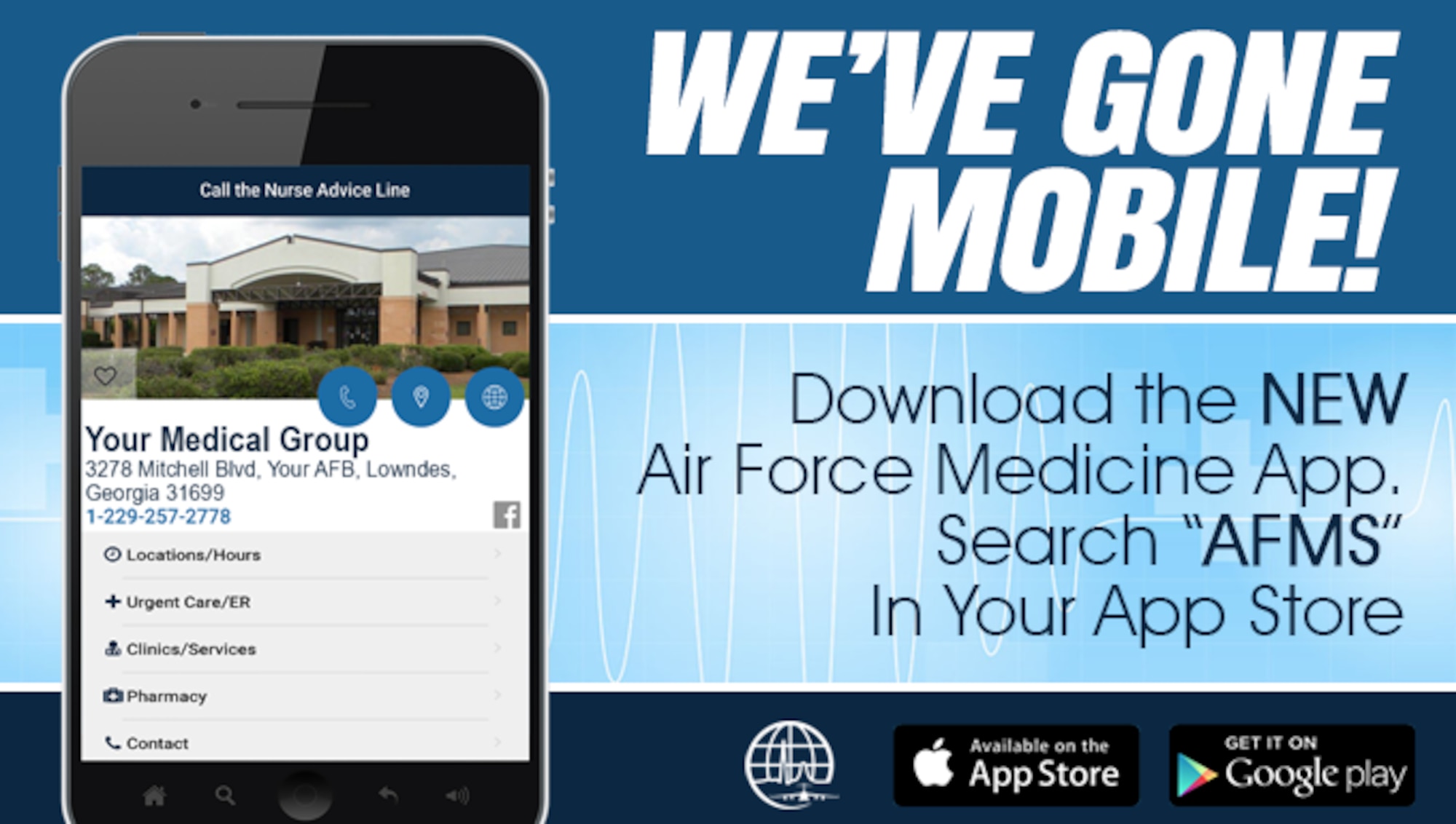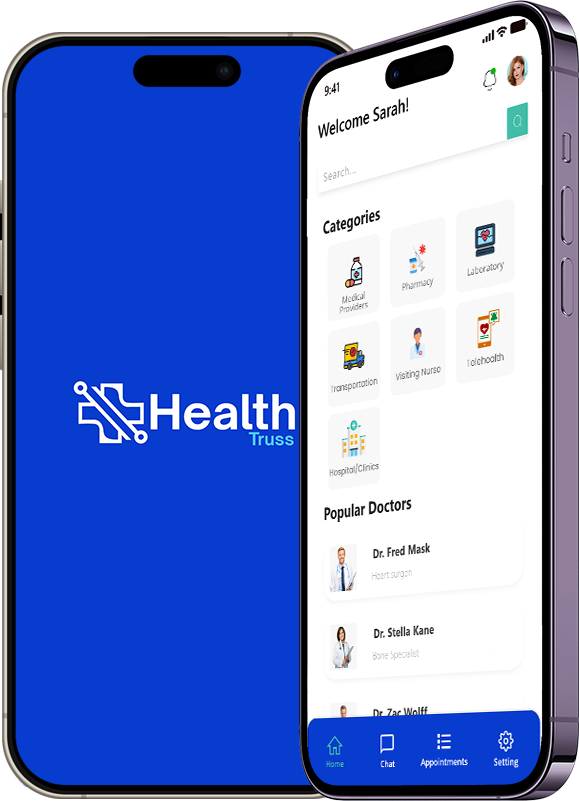Change Patient Treatment with a Mobile App for Clinics: Leading Features to Take Into Consideration
Transform Your Center'S Procedures With a Cutting-edge Mobile Application
In today's medical care landscape, the assimilation of ingenious mobile applications has emerged as a pivotal method for transforming facility procedures. These applications not only enhance management jobs yet likewise improve patient engagement via attributes such as automated appointment scheduling and safe and secure messaging. As clinics progressively look for to maximize their operations and boost client satisfaction, the inquiry arises: what certain functionalities should be focused on to maximize scientific effectiveness and client care? Exploring this elaborate balance could cause considerable innovations in how doctor operate.
Advantages of Mobile Apps in Healthcare
As medical care continues to progress, the integration of mobile applications has emerged as a transformative remedy that enhances person treatment and functional efficiency. One of the key benefits of mobile applications is boosted person interaction. By supplying features such as consultation scheduling, drug pointers, and straight communication with medical care providers, these applications empower patients to take an active duty in their health and wellness monitoring.

By permitting secure sharing of person info, they foster cooperation across different professionals, making sure extensive care distribution. In summary, the advantages of mobile applications in medical care are manifold, substantially boosting both client experiences and clinic operations.
Functions to Seek
When choosing a mobile application for clinics, it is vital to think about several crucial functions that can substantially impact both client experience and functional effectiveness. Firstly, an intuitive interface is crucial. Clients must conveniently browse the application to publication visits, gain access to medical records, and connect with health care service providers
An additional vital attribute is secure messaging abilities, which allow private interaction between individuals and team, cultivating depend on and boosting treatment control. In addition, appointment pointers and alerts can boost adherence to therapy strategies and reduce no-show prices.
Combination with electronic health and wellness records (EHR) systems ensures that person data is properly upgraded and obtainable in real time, enhancing scientific operations. Furthermore, attributes that allow telehealth services can broaden access to care and accommodate patients who might encounter movement or geographical obstacles.
Lastly, data analytics tools are useful for centers to keep an eye on performance metrics, individual complete satisfaction, and functional efficacy, enabling constant improvement. By prioritizing these features, centers can pick a mobile application that not just elevates client treatment yet also optimizes their inner processes for better outcomes.
Enhancing Person Involvement
Effective mobile applications not just simplify operational processes yet additionally play a critical role in improving person interaction. By offering a straightforward user interface, these applications promote smooth communication in between doctor and patients, fostering a more interactive health care experience.
One key function that improves interaction is appointment scheduling, allowing patients to conveniently publication, reschedule, or terminate appointments. This benefit decreases no-show prices and encourages clients to take possession of their healthcare journey. Additionally, mobile apps can send automatic pointers and notifications, guaranteeing individuals are educated concerning upcoming appointments, medicine schedules, and health ideas.
In addition, academic content within the app can considerably improve description interaction by supplying patients with access to appropriate information regarding their conditions and therapy options. This empowers clients to make enlightened choices and actively join their care.
Additionally, safe messaging attributes enable people to connect directly with their doctor, cultivating transparency and count on. This open line of interaction can cause better adherence to therapy strategies and enhanced client satisfaction. Eventually, a properly designed mobile application can change the patient experience, making healthcare much more appealing and easily accessible for all.
Enhancing Center Workflow
How can clinics enhance their everyday operations while enhancing client care? The integration of an innovative mobile app can considerably enhance facility processes, resulting in improved efficiency and person contentment. By automating visit that site organizing and management, centers can lower management concerns, enabling personnel to concentrate on patient communications.
Mobile apps assist in smooth interaction between patients and healthcare service providers, enabling real-time updates and pointers for consultations, follow-ups, and medicine adherence. This aggressive strategy minimizes no-shows and enhances the total person experience.

Study and Success Stories
Numerous centers have experienced transformative outcomes with the combination of ingenious mobile apps, showcasing the possibility for enhanced functional effectiveness and patient involvement. One notable example is a mid-sized family medicine that applied a mobile app to assist in appointment organizing and pointers. Because of this, they reported a 40% decrease in missed consultations and a considerable renovation in patient fulfillment ratings.
One more situation included a specialized clinic that made use of a mobile application for telemedicine appointments. This allowed them to increase their reach, making it possible for patients in remote locations to gain access to specialized treatment. The center saw a 30% rise in individual appointments within the first quarter of execution, showing the application's function in connecting healthcare gain access to gaps.
Furthermore, a dental clinic adopted a mobile app for person education and post-treatment follow-up. mobile app for clinics. By offering individualized care directions and tips with the app, they attained a 50% reduction in post-operative complications, bring about enhanced person results and loyalty
These success tales highlight the varied applications of mobile applications in professional setups, underscoring their capability to improve more operations, enhance individual involvement, and ultimately, raise the criterion of care.
Conclusion
To conclude, the integration of a mobile app into facility procedures presents many advantages, consisting of enhanced patient engagement and structured management procedures. By automating vital jobs such as visit scheduling and helping with safe and secure communication, clinics can enhance source appropriation and enhance general person contentment. The successful implementation of such innovation not just promotes far better care coordination amongst healthcare teams however also empowers people to take an energetic role in managing their health and wellness, eventually raising the criterion of treatment.
As facilities progressively seek to enhance their workflows and enhance patient complete satisfaction, the concern occurs: what specific functionalities should be prioritized to optimize scientific effectiveness and patient treatment?When picking a mobile app for clinics, it is important to take into consideration numerous essential features that can substantially influence both client experience and functional efficiency. The assimilation of an innovative mobile application can considerably simplify facility processes, resulting in boosted effectiveness and individual satisfaction.Countless centers have experienced transformative outcomes via the combination of ingenious mobile apps, showcasing the potential for improved functional efficiency and person involvement.In final thought, the integration of a mobile application into clinic procedures offers countless benefits, consisting of enhanced client involvement and structured administrative processes.